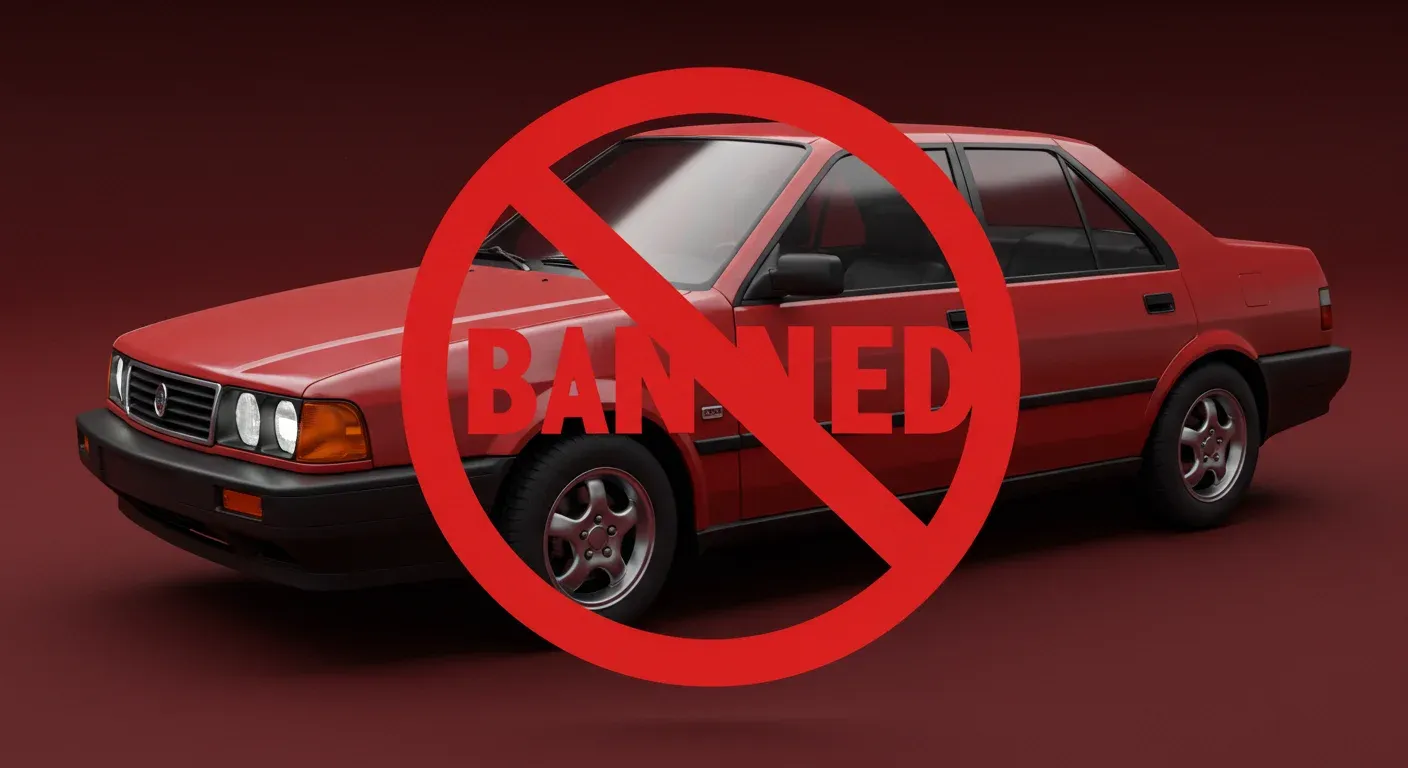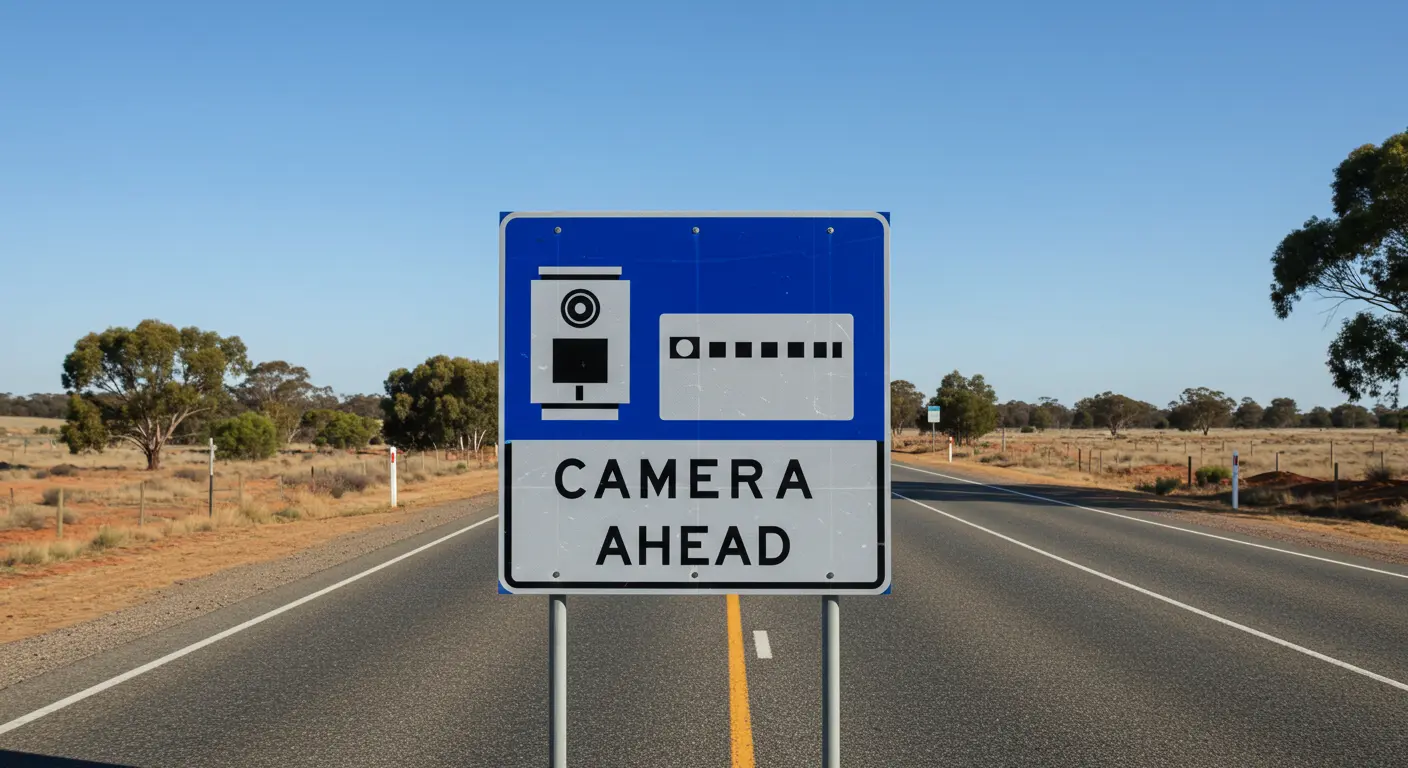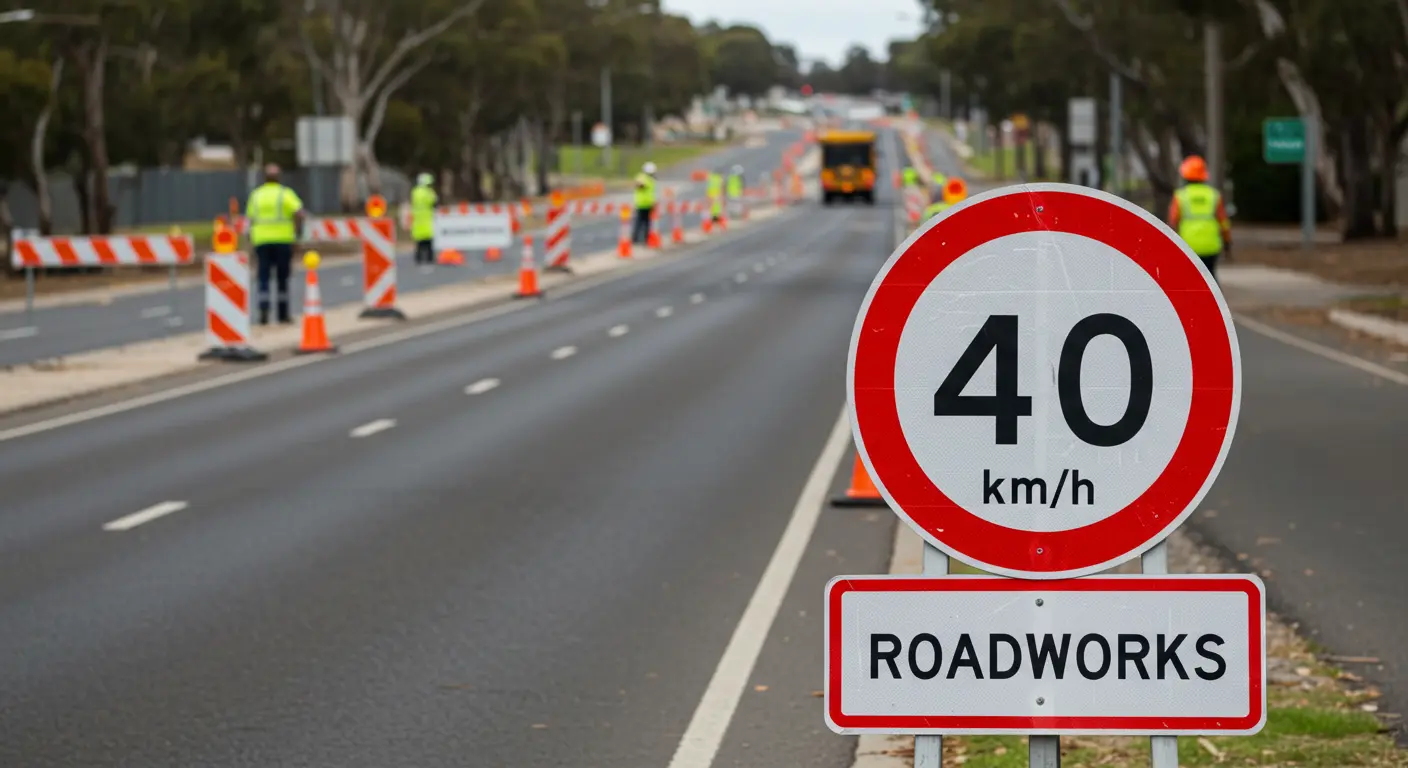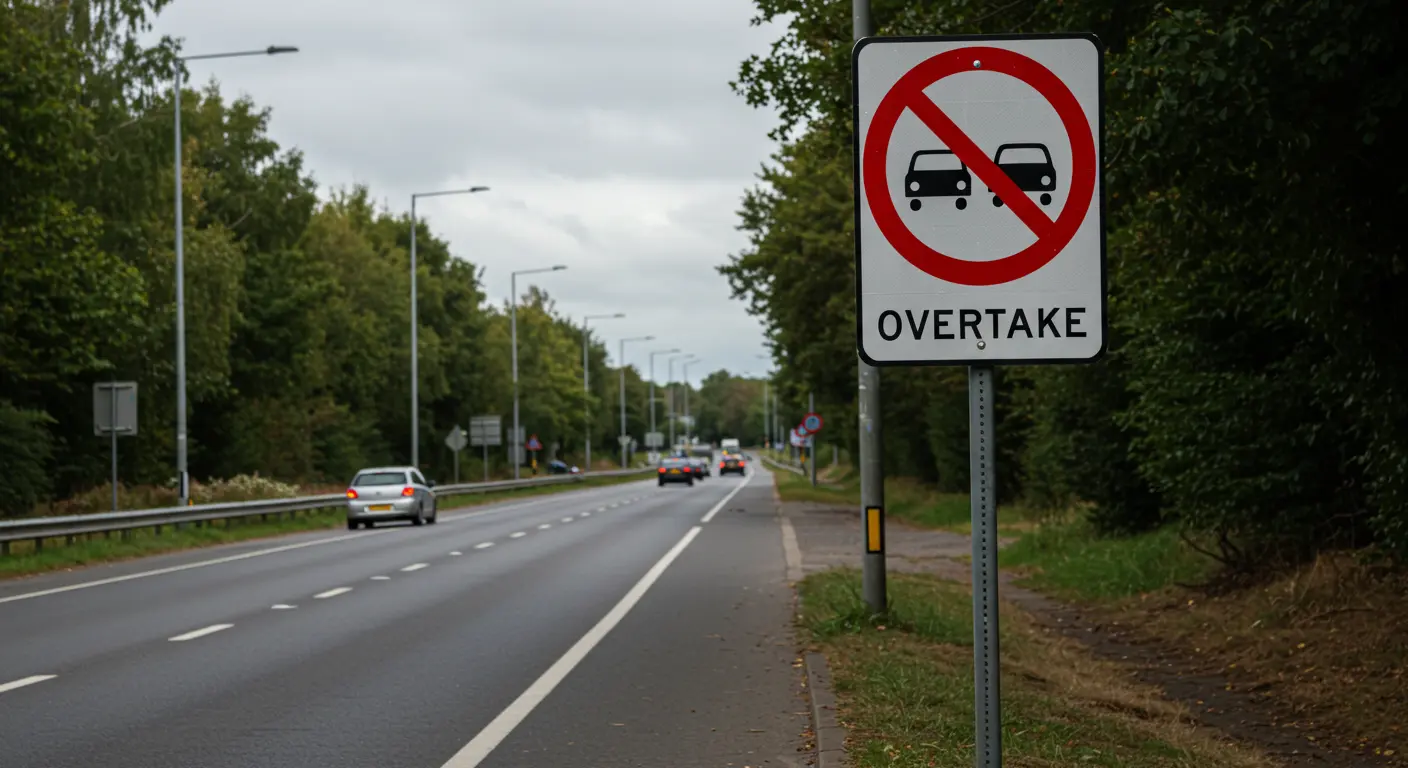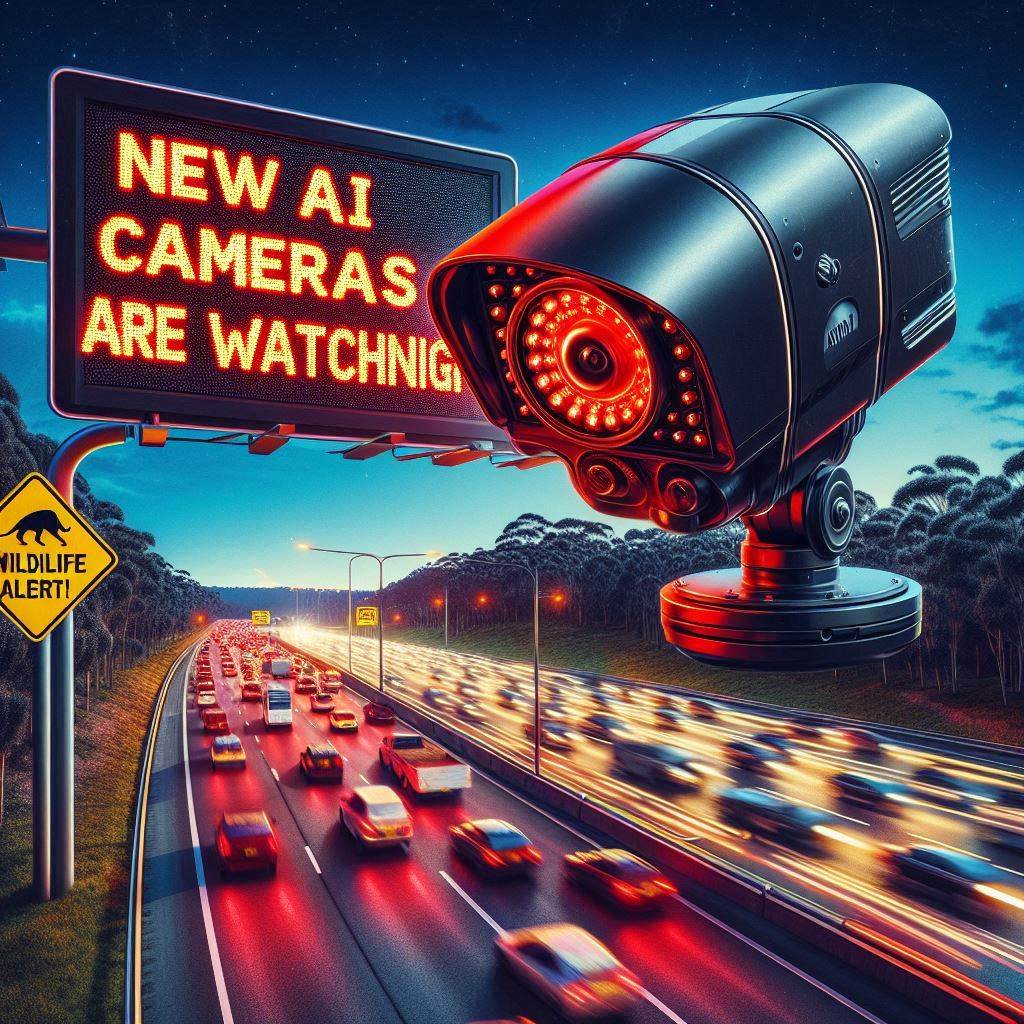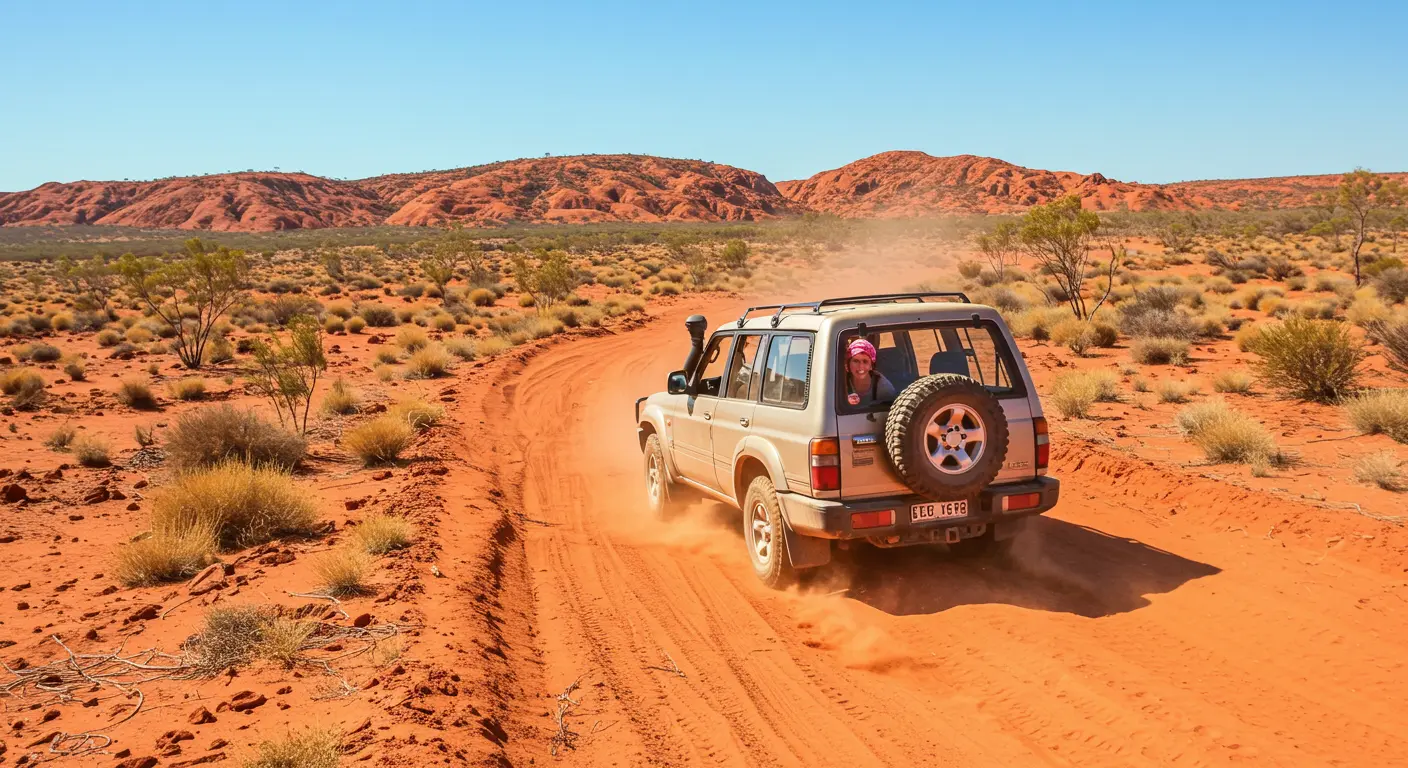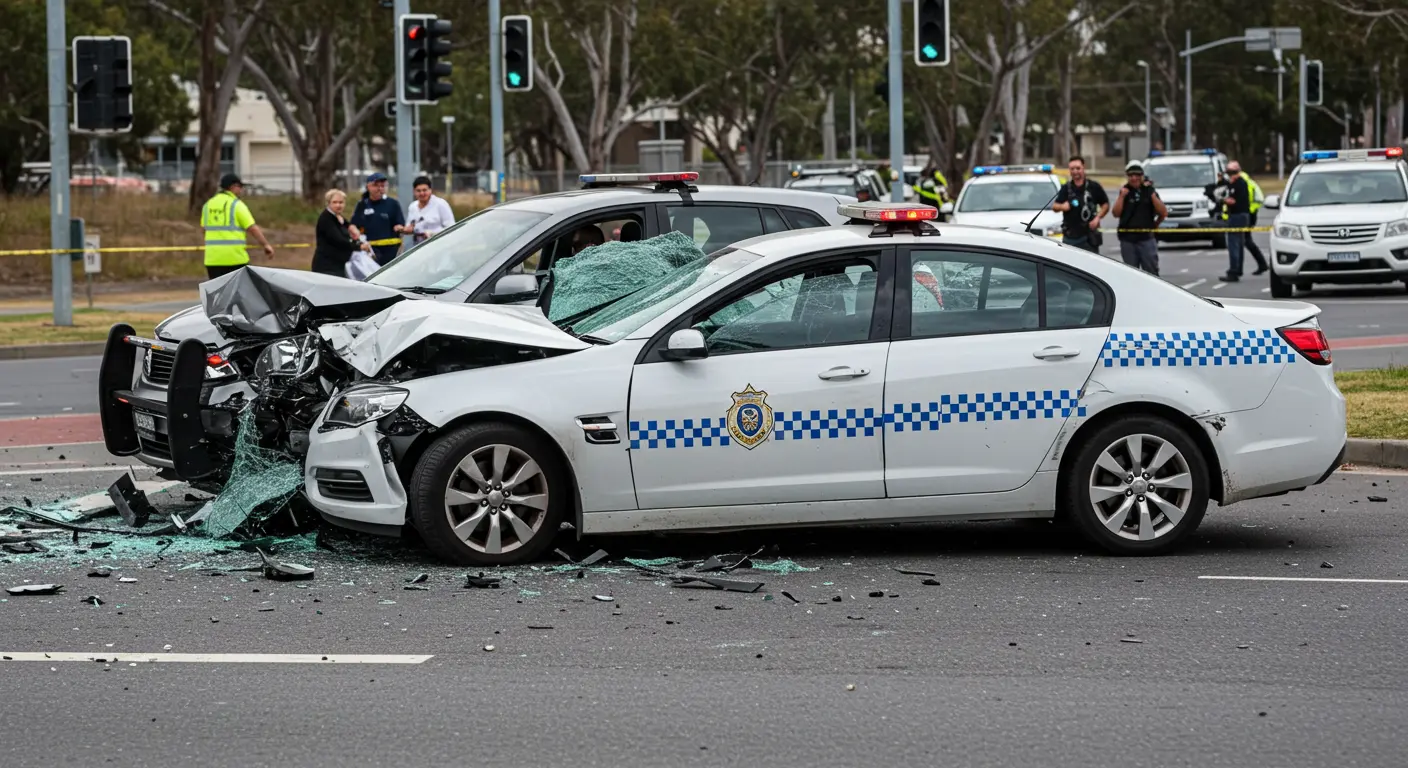Victoria's Proposed Ban on Petrol Car Sales by 2035: Economic Impact and Public Backlash
Victoria is making waves in the automotive world with its ambitious proposal to ban the sale of new petrol and diesel vehicles by 2035. This bold move, aimed at reducing emissions and combating climate change, has sparked intense debate across the state.
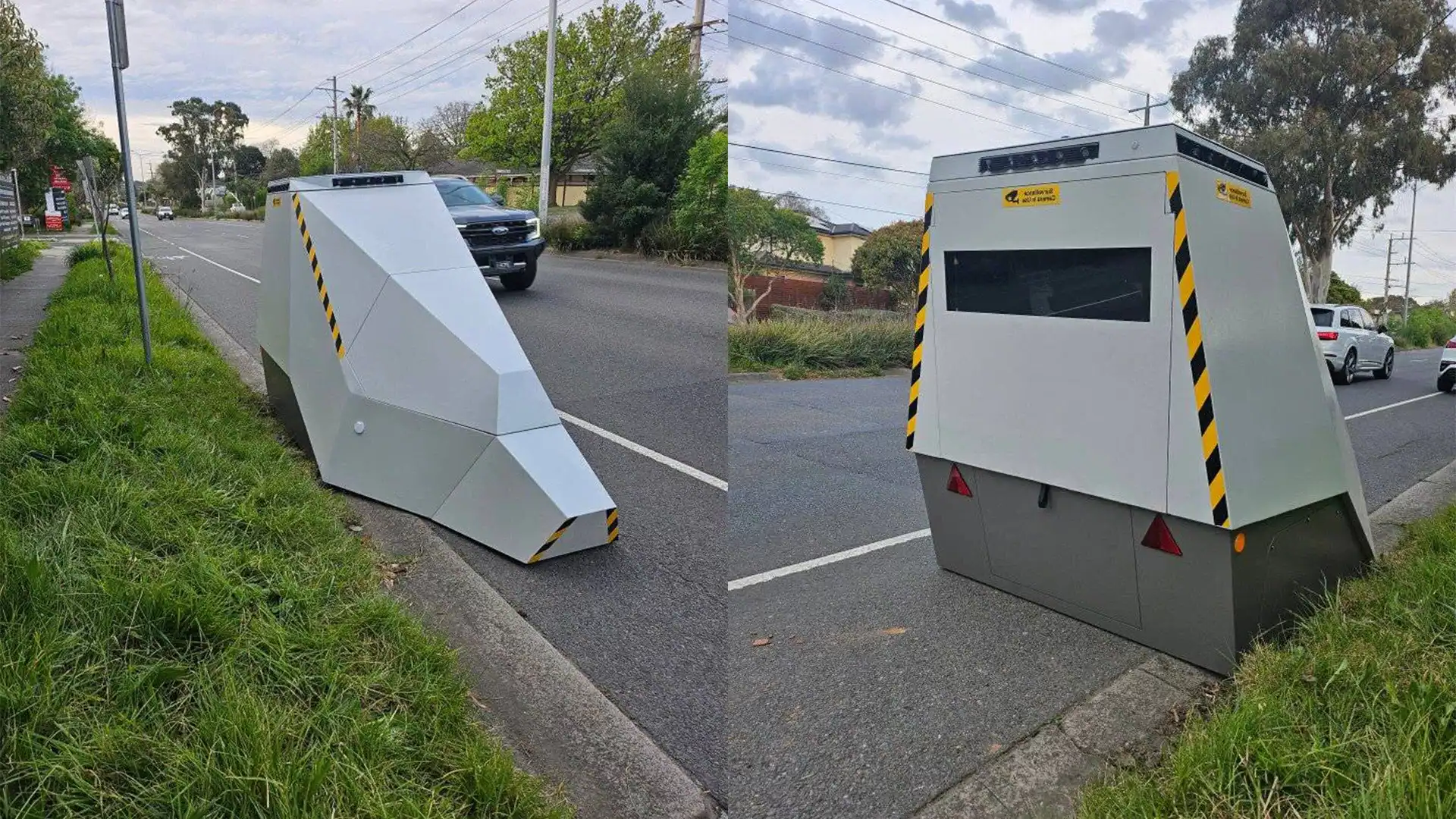
The Proposal
The Victorian government, following recommendations from Infrastructure Victoria, is considering legislation that would:
- Prohibit the sale of new petrol and diesel vehicles from 2035
- Transition the government fleet to electric vehicles within five years
- Set a target of 50% of new light vehicle sales to be zero-emission vehicles (ZEVs) by 2030
- Develop a comprehensive charging network strategy
This proposal aligns with Victoria's goal of achieving net-zero emissions by 2050 and places the state at the forefront of Australia's transition to electric vehicles.
Economic Implications
The proposed ban is expected to have far-reaching economic consequences:
- Traditional automotive sectors may face job losses
- New opportunities could emerge in ZEV manufacturing and related industries
- Increased demand for charging infrastructure may create new jobs
- Short-term vehicle prices might rise as the market adjusts
The Victorian Automobile Chamber of Commerce estimates that the transition could affect up to 20,000 jobs in the state's automotive industry. However, proponents argue that new jobs in the ZEV sector could offset these losses.
Public Response
The proposal has elicited mixed reactions from Victorians:
- Many urban residents support the move towards cleaner transportation
- Rural communities express concerns about the practicality of ZEVs in remote areas
- Some car enthusiasts worry about the impact on classic car ownership and motorsports
A recent survey by the RACV found that 45% of Victorians support the proposed ban, while 35% oppose it, highlighting the divisive nature of the issue.

Industry Reaction
The automotive industry's response has been varied:
- Major manufacturers like Volvo and Volkswagen have welcomed the push towards ZEVs
- Some local dealerships worry about the impact on their businesses
- The Federal Chamber of Automotive Industries has called for a national approach to avoid a "patchwork of different rules" across states
Challenges Ahead
Implementing this ban will require overcoming several hurdles:
- Expanding charging infrastructure across Victoria, particularly in rural areas
- Ensuring the electricity grid can handle increased demand from ZEVs
- Addressing the higher upfront costs of electric vehicles
- Managing the transition for workers in the traditional automotive industry
As Victoria grapples with these challenges, the proposed ban on petrol and diesel vehicles remains a hot topic. The coming years will be crucial in determining whether this ambitious plan can become a reality and reshape the future of transportation in the state.


